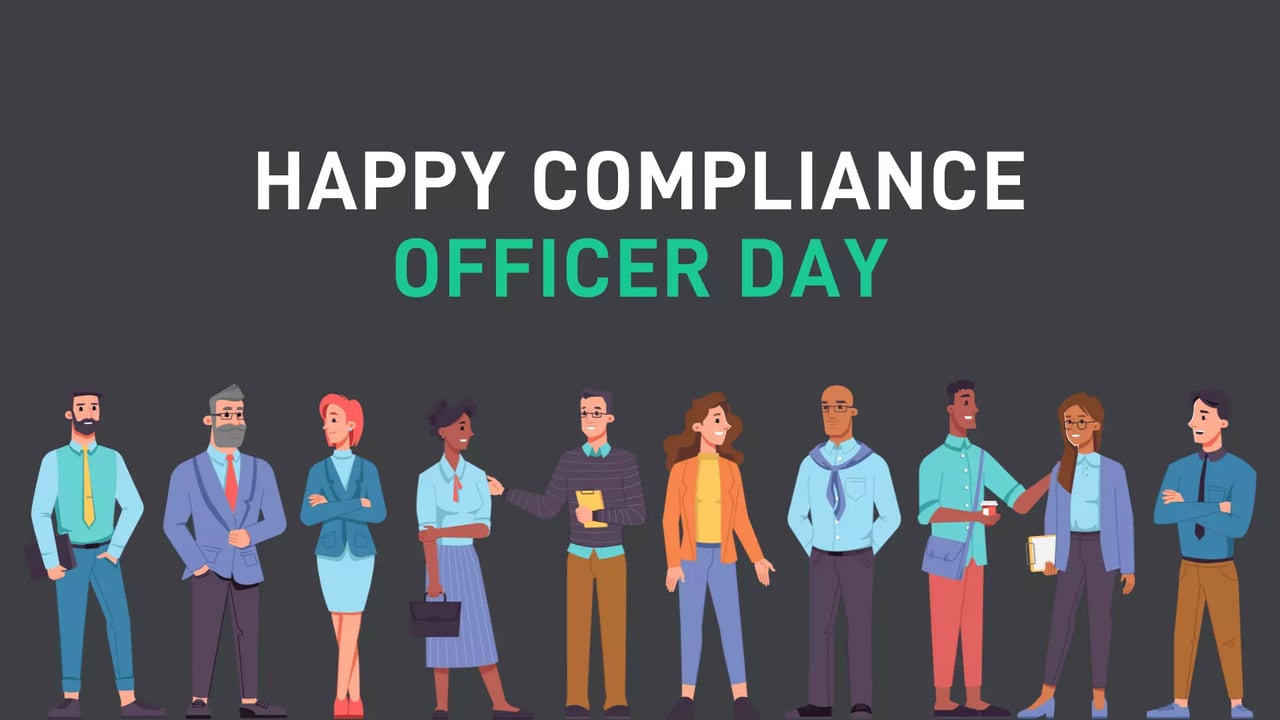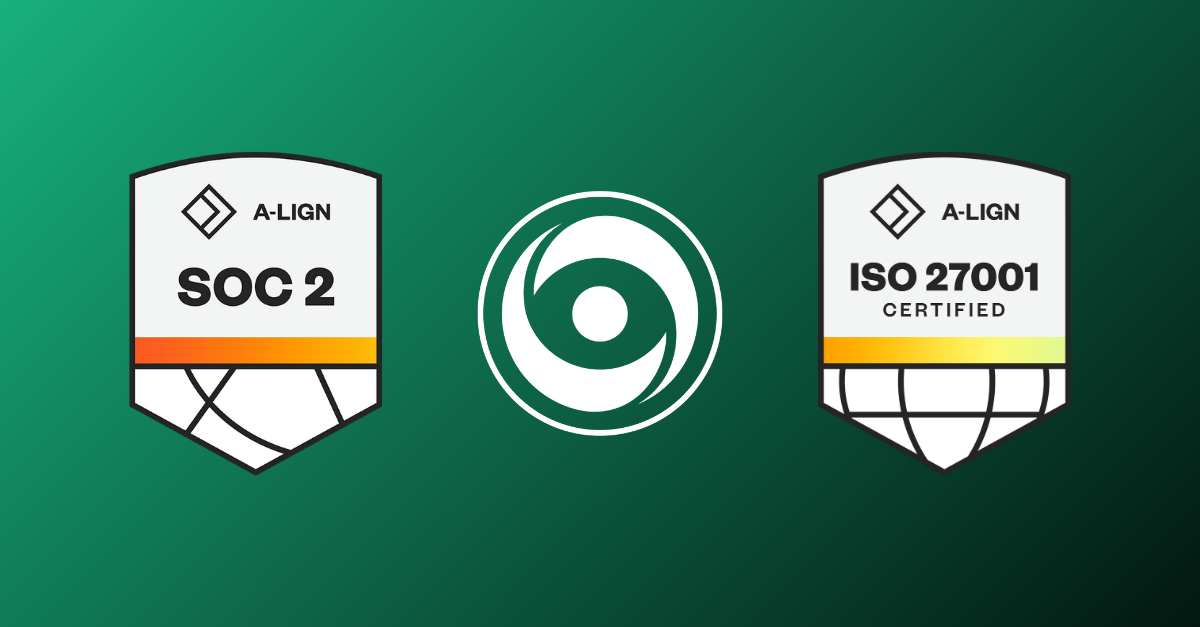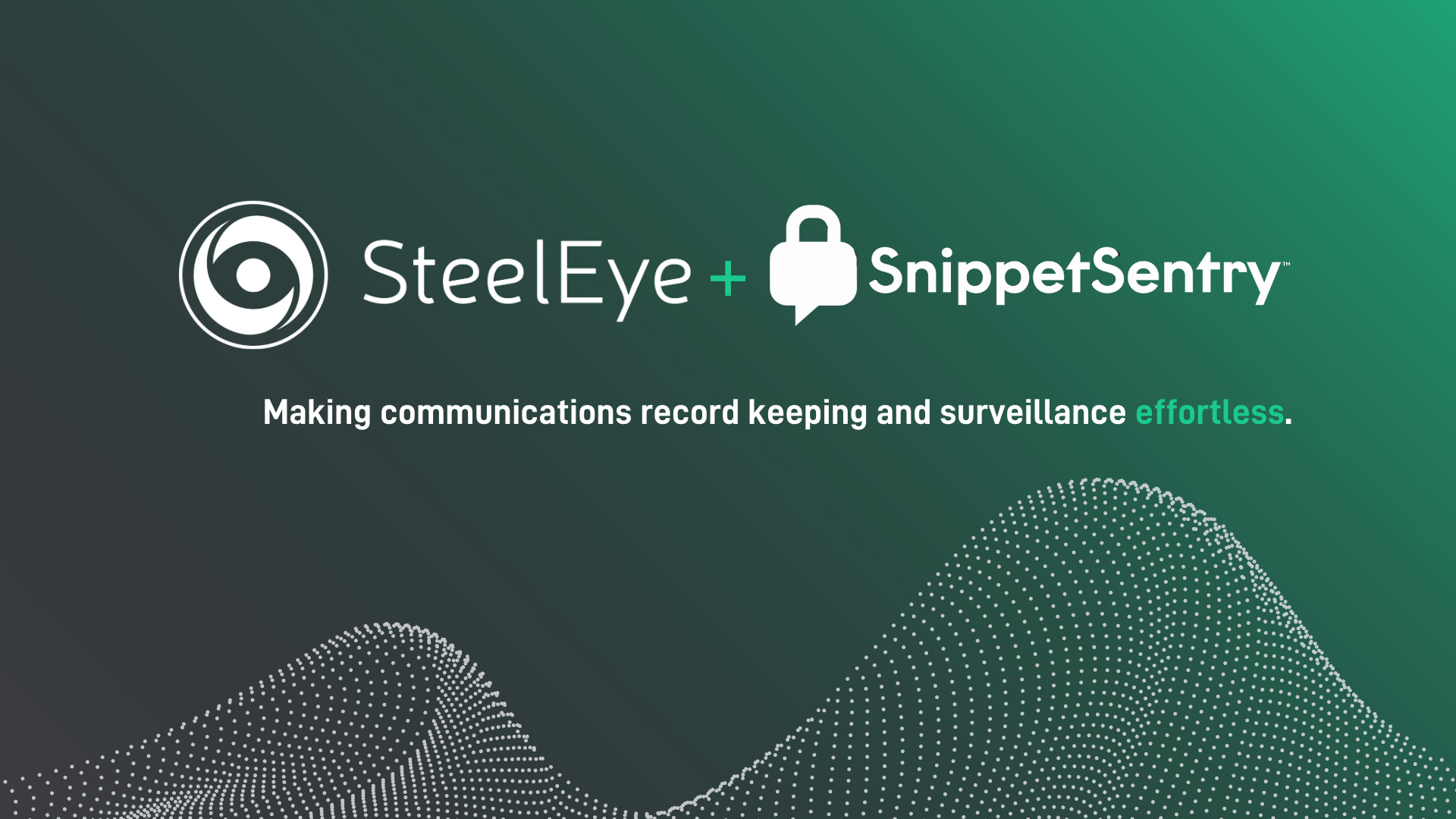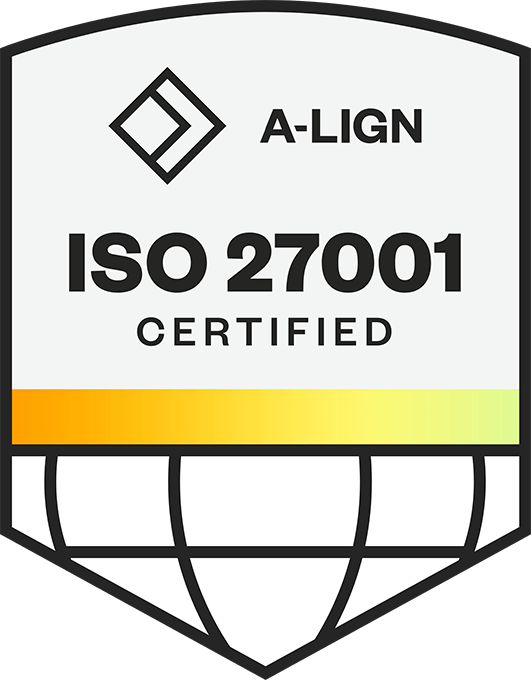
September 26th is Compliance Officer Day, a day that originated in the US in 2016 but is now being celebrated globally.
At SteelEye, we believe the role of Compliance Officers is an invaluable one, as called out in our blog, 5 Reasons Why We Should Celebrate Compliance Officers, and many across the industry share this view. However, there is still a lingering reputation of Compliance Officers as the ‘fun police' and the compliance function as the ‘business prevention unit.’ This couldn’t be further from the truth, and compliance professionals should be viewed as the cornerstone of any financial institution. So today, on Compliance Officer Day, we want to debunk some of the top misconceptions about compliance roles. Here is our take:
1. Compliance does not result in reduced profits. In fact, it can do the exact opposite
 There is a misconception that, because compliance does not directly generate income, especially when you factor in the cost of employing a compliance department, it must be a hindrance to an organization’s financial gains. However, a well-run compliance team can help their company’s bottom line in a multitude of ways.
There is a misconception that, because compliance does not directly generate income, especially when you factor in the cost of employing a compliance department, it must be a hindrance to an organization’s financial gains. However, a well-run compliance team can help their company’s bottom line in a multitude of ways.
For starters, having a fully compliant organization that has a good reputation in the industry helps avoid bad press which, in itself, can generate new business. Secondly, an organization that builds a strong compliance culture is far less likely to receive fines or sanctions from regulators. This has been evident in recent months, as multiple financial institutions have been fined in excess of $200M USD for their lack of oversight when it comes to monitoring their communications.
When commenting on this article, George Stein, a Compliance & Operational Risk Manager at Bank of America, further stressed this point when he posed the following question: “What’s more expensive than investing time, talent, and money into creating a culture of compliance? Not doing so.”
Lastly, a good compliance officer is well-versed in analyzing current processes and finding ways to streamline them, eliminating gaps or redundancies, and providing leadership with information that will help them make better decisions. Any of these steps independently will help save costs but doing all three in cohesion can have a massive impact on an organization’s financial well-being.
2. While achieving complete compliance can be a difficult task, there are a number of things organizations can do to simplify the process
Often, compliance efforts get a bad reputation because they are seen as daunting tasks with long checklists, challenging requirements, or comprehensive precautions. However, the degree of difficulty associated with a company’s compliance efforts can be significantly simplified by the tools they use. There is currently a long list of SaaS providers and central repository systems that can streamline compliance processes and proactively identify risks and concerns based on your regulations.
Organizations that manually oversee processes through spreadsheets or documents, which require constant updates and have poor reporting capabilities, are typically the ones that fall victim to fines and penalties from the regulators.
The responsibility to uphold a culture of compliance falls on everyone within a regulated organization. While Compliance Officers may put the processes and procedures in place to ensure their organization is not at risk of breaking the rules, it does little to no good if the rest of the company does not adhere to them. Embedding a culture of compliance is key to ensuring firms achieve complete compliance.
3. Compliance Officers do not only act when there is a problem in the organization - their job starts long before that
Sometimes it may seem like there is added attention and importance to compliance practices only after a company has been cited for wrongdoings and they are simply trying to gain back good publicity through damage control. However, if this is ever the case in your organization, it is usually an indicator that compliance has already fallen short.
That is why most Compliance Officers work tirelessly to take a proactive approach and ensure their organization never gets to this point. If anything, staying out of the spotlight usually is synonymous with a Compliance Officer putting the correct procedures in place early on.
Amit Mittal of Infosys, a longtime Compliance and Risk Management professional, highlighted the importance of staying ahead of the curve in terms of compliance when he told SteelEye: “One of the hubs of financial innovation is compliance. Compliance Officers understand the products best, not because they sell them, but because they need to know all the challenges and pitfalls of the product.”
We must also remember that compliance is not an end destination, but rather an ongoing journey. Regulatory requirements are constantly being assessed and updated in any industry, but this is particularly true in the financial services sector. Compliance Officers must take an extremely proactive approach, not only to ensure that their organization stays on top of the current rules but also to be ready to adjust when inevitable changes and new restrictions come about.
4. Compliance officers don't just say “No.” The word “Yes” is very much part of their vocabulary
 It is not uncommon to think compliance teams are programmed to say “no,” and shut down any ideas brought to them by the rest of the organization. It is also true that the role of Compliance Officers forces them to be extremely rigid, thorough, and sometimes even skeptical of current and proposed processes.
It is not uncommon to think compliance teams are programmed to say “no,” and shut down any ideas brought to them by the rest of the organization. It is also true that the role of Compliance Officers forces them to be extremely rigid, thorough, and sometimes even skeptical of current and proposed processes.
Naturally, that can result in them saying “no” or “try again” to their colleagues. However, Compliance Officers are part of the team just like any other person in an organization, and similarly, they want to see that team be successful. So, while it may be their job to approach a process or problem from a less popular perspective than the rest of the company, it does them no good to intentionally serve as a bottleneck. This approach can create tension between business units and sever relationships.
That is why it should be viewed as a success and sign of great progress any time an organization can settle on a process or procedure that is mutually beneficial and has complete buy-in from everyone, including the compliance team.
In summary, Compliance Officers play an important role that cannot be understated. Want to show support for your compliance team? Start by wishing them a Happy Compliance Officer Day and let them know you appreciate the hard work they do for your company. And as a reminder, it is the entire organization’s responsibility to create a compliant culture, so do your part and figure out how you can partner with your compliance team!


 There is a misconception that, because compliance does not directly generate income, especially when you factor in the cost of employing a compliance department, it must be a hindrance to an organization’s financial gains. However, a well-run compliance team can help their company’s bottom line in a multitude of ways.
There is a misconception that, because compliance does not directly generate income, especially when you factor in the cost of employing a compliance department, it must be a hindrance to an organization’s financial gains. However, a well-run compliance team can help their company’s bottom line in a multitude of ways.


 It is not uncommon to think compliance teams are programmed to say “no,” and shut down any ideas brought to them by the rest of the organization. It is also true that the role of Compliance Officers forces them to be extremely rigid, thorough, and sometimes even skeptical of current and proposed processes.
It is not uncommon to think compliance teams are programmed to say “no,” and shut down any ideas brought to them by the rest of the organization. It is also true that the role of Compliance Officers forces them to be extremely rigid, thorough, and sometimes even skeptical of current and proposed processes.





